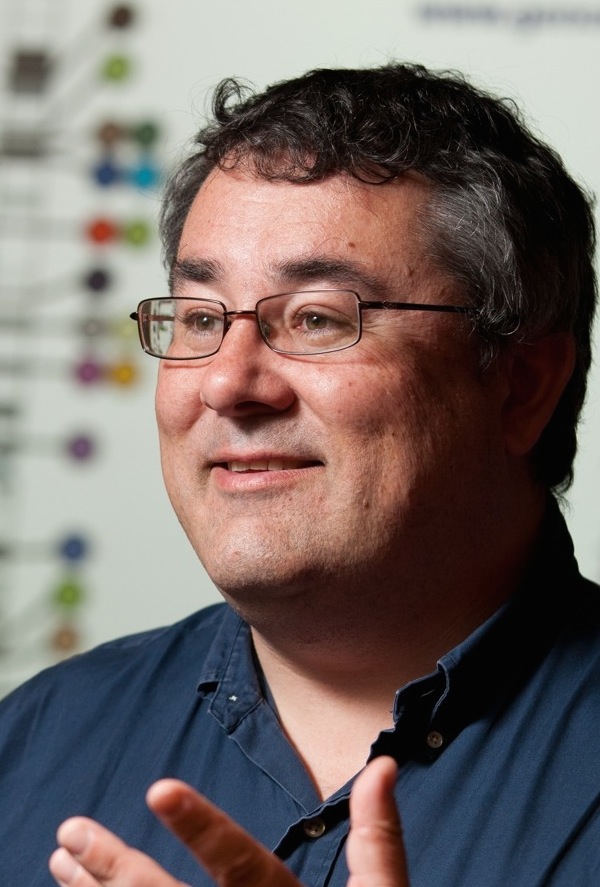Keynote Speakers
Professor Dianne COOK, Monash University

Dianne Cook is a Professor in the Econometrics and Business Statistics Department at Monash University in Melbourne, Australia. Her research is in the area of data visualisation, especially the visualisation of high-dimensional data and models, and bridging the gap between exploratory graphics and statistical inference. She is a Fellow of the American Statistical Association, and an elected member of the International Statistical Institute, and the R Foundation. She is also an author, contributor and maintainer of many R packages including tourr and nullabor.
In the last few years, there have been several huge strides in new methods available for exploring high-dimensional data using “tours”, a collective term for visualisations built on linear projections. A tour consists of two key elements: the path, which generates a sequence, and the display that presents the low-dimensional projection. Numerous path algorithms are available and implemented in the tourr R package. These include the old (grand, guided, little, local, manual), and the new (slice, sage, radial). This talk will highlight these new tools and their application for contemporary challenges. Join me in exploring the fascinating world of high-dimensional data.
Professor Thomas LUMLEY, University of Auckland

Thomas Lumley holds the Chair in Biostatistics in the Department of Statistics at the University of Auckland. His research areas include complex sampling, statistical computing, and cardiovascular epidemiology. Thomas is a member of the R Core Development Team, and is a Fellow of the Royal Society of New Zealand and of the American Statistical Association. He maintains several popular R packages, including survey and leaps.
It is surprisingly hard to fit mixed models to data from multistage surveys, especially if the structure of the model and the structure of the sampling are not the same. I will review why it is hard and some of the approaches. I will describe a very general approach to linear mixed models based on pairwise composite likelihood, which extends work by J.N.K. Rao and Grace Yi and co-workers and was motivated by modelling questions arising in the Hispanic Community Health Study/Study of Latinos in the US. This approach is implemented in a new R package, svylme, and allows for nested and crossed random effects and for the sort of correlations that arise in genetic models; I will present some examples and discuss some computational issues.
Professor Wing Kam FUNG, University of Hong Kong

Professor Wing Kam FUNG is Chair Professor of Statistics and Actuarial Science, The University of Hong Kong. Professor Fung is renowned for his research in statistical DNA forensics. He has contributed significantly in the interpretation of DNA mixtures, paternity testing and computer software development. He also has wide research interests and contributions in influence analysis, longitudinal data analysis and statistical genetics. He received the Distinguished Young Scientist Award (National Science Foundation of China) in 2004 and was elected a Fellow of the American Statistical Association in 2003. (2008/2009)
Mendelian randomization (MR) is an instrumental variable (IV) method that estimates the causal effect of an exposure on an outcome of interest, even in the presence of unmeasured confounding. The method uses genetic variants as IVs. However, the validity of MR analysis relies on three core IV assumptions, which could be violated in the presence of horizontal pleiotropy and weak instruments. Therefore, the estimation of causal effect might be biased if horizontal pleiotropy and weak instruments are not properly accounted for. In this study, we propose a robust approach named MRCIP to account for correlated and idiosyncratic pleiotropy. Additionally, we develop a novel penalized inverse-variance weighted (pIVW) estimator, which adjusts the original IVW estimator to account for the weak IV issue. Extensive simulation studies demonstrate that the proposed methods outperform competing methods. We also illustrate the usefulness of the proposed methods using real datasets.
This concluded our line-up of keynote speakers for IASC-ARS 2023!